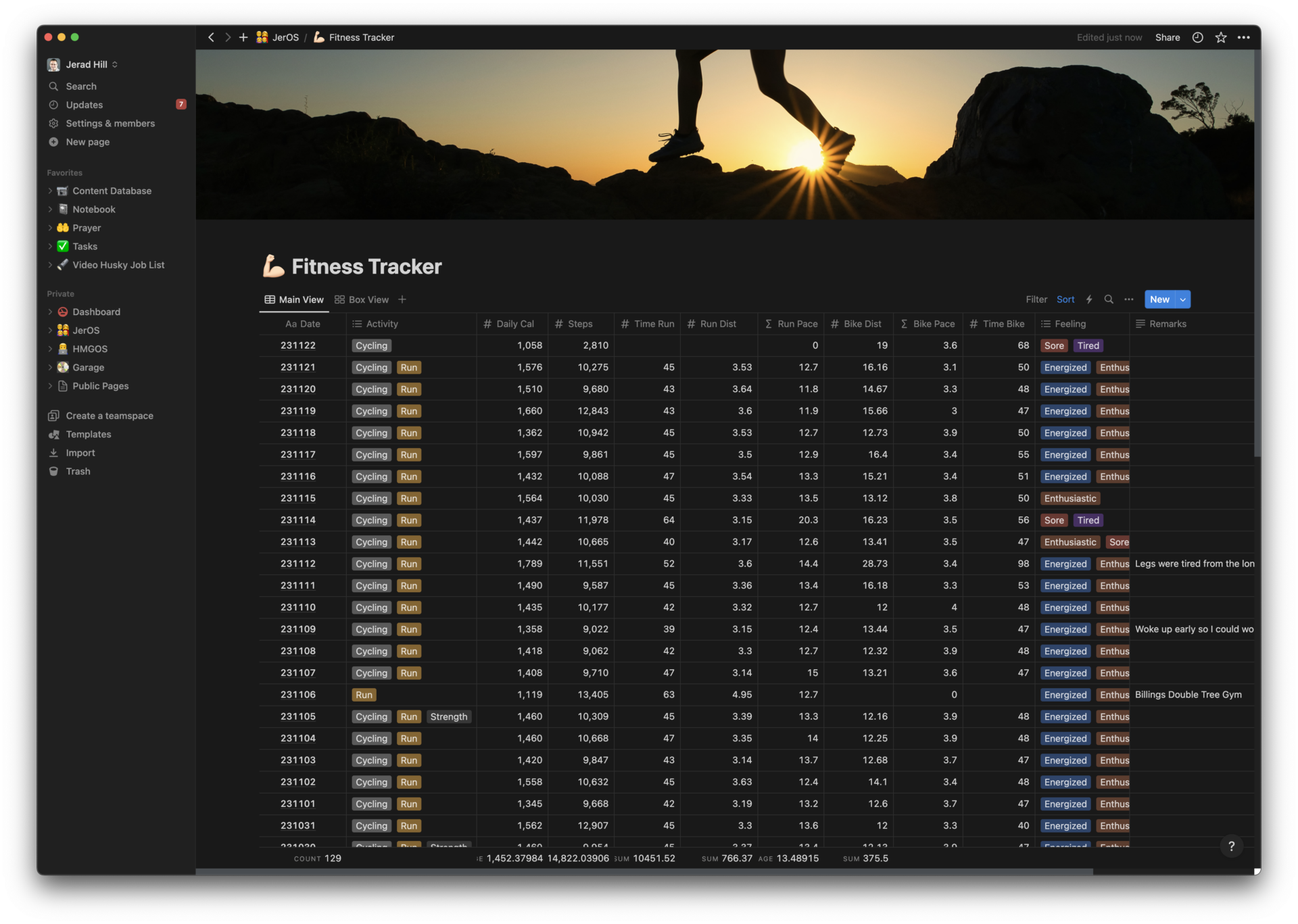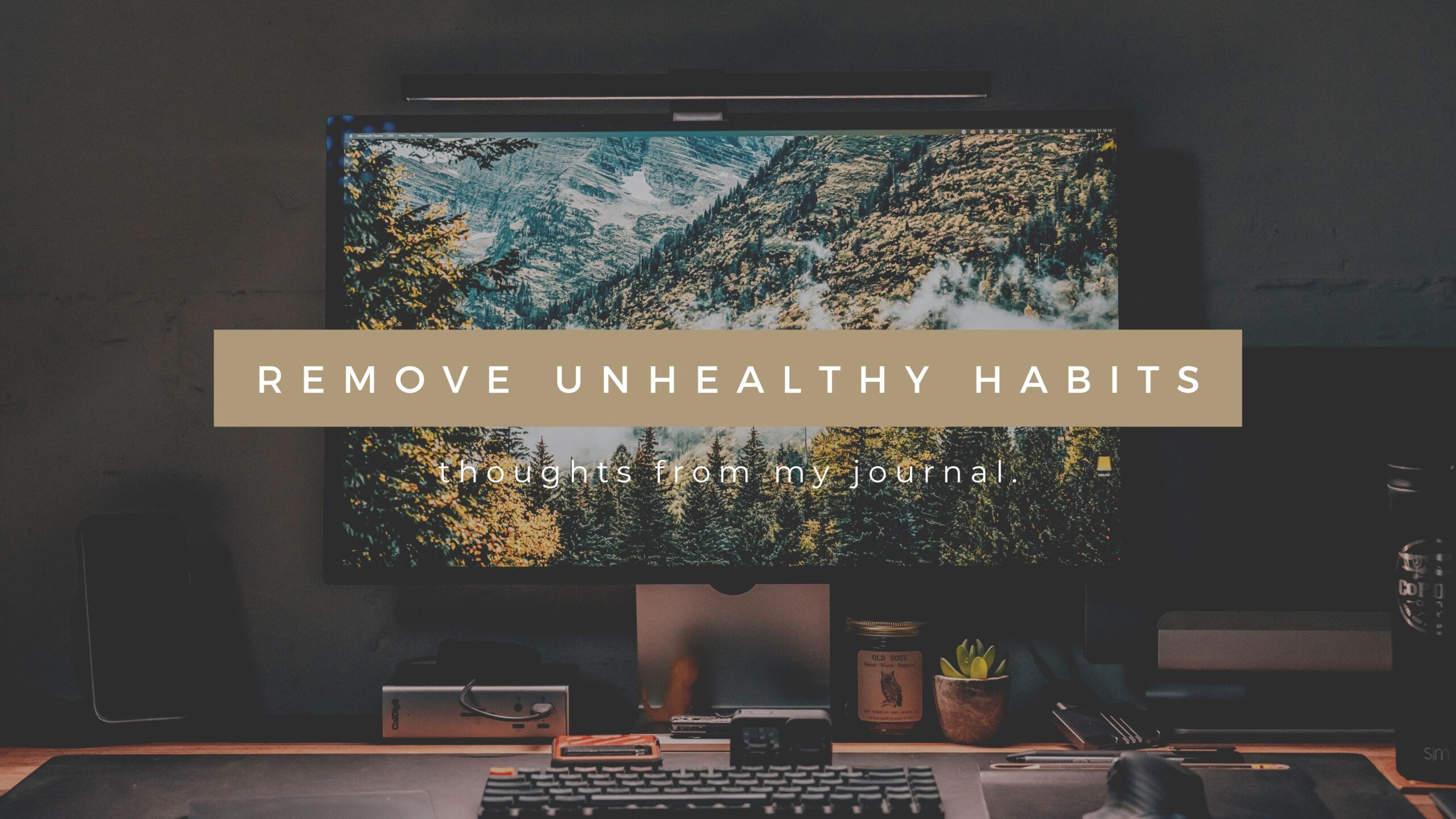As we approach the final 10% of the year, it’s a perfect time to reflect on our journey through the past months. We start with a burst of enthusiasm each year, setting lofty goals and resolutions. Yet, often, these ambitions get sidelined by the hustle of our daily lives. It’s easy to underestimate the effort needed to achieve these goals, leading to a cycle of discouragement and, eventually, abandonment of our aspirations.
The opinions of others also influence our journey. Sometimes, well-intentioned but unhelpful comments can make us feel isolated in our pursuit of personal goals. This can be a significant deterrent, but it doesn’t have to define our journey.
Embracing Realistic Outcomes
As we navigate the last stretch of the year, it’s crucial to reassess and rewrite our goals with a realistic lens. For instance, I aimed to run 1,500 miles as a new runner but faced many setbacks, some health-related and some emotionally related. As of writing this, I am shy of 800 miles. If I ran an average of three miles per day, I could easily reach 900 miles. A partially achieved goal is infinitely better than one wholly abandoned.
Breaking Down Goals into Manageable Tasks
Reflect on your original goals and deconstruct them into smaller, more manageable tasks. Prioritize these tasks by ease of completion and their significance in achieving the overall objective. Which of these can you accomplish before the year ends? This approach allows for a more focused and achievable path to your goals.
Accountability and Motivation
Engage someone you trust to keep you accountable. Regular check-ins with this person, who has the authority to call you out on excuses, can be a powerful motivator to stay on track.

>> Get my free Notion Templates
Visual Tracking and Progress
Tracking progress is vital. Utilize apps or systems like a streak tracker or a personal log. I use Notion to log my progress, and I even redesigned my iPhone’s home screen to display my weekly running and cycling miles. Visual feedback is a great motivator and helps in recognizing your efforts.

Creating Systems, Not Just Goals
The failure to reach goals is often not about the goal itself but the need for a system to achieve it. Prioritize time for your goals, schedule dedicated slots on your calendar, and minimize distractions. This structural approach is critical to turning aspirations into achievements.
Managing Demotivators
Be cautious about who you discuss your goals with. Some people, even unintentionally, can demotivate you. In my experience, focusing conversations with such individuals on their lives rather than my goals limits the opportunity for discouragement. Celebrate your achievements with them once your goals are reached.
As we make the most of this year’s final 10%, let’s also use this time to plan for the following year. Think about setting sustainable and reachable goals, building systems that support these ambitions, and surrounding ourselves with positivity and motivation.
Remember, it’s not just about reaching the finish line; it’s about the journey, the learning, and the growth that happens along the way. Let’s stride into this final phase of the year with determination and emerge stronger, wiser, and ready for the challenges ahead.
Let’s make these last months count and set the stage for a successful, goal-oriented new year!

